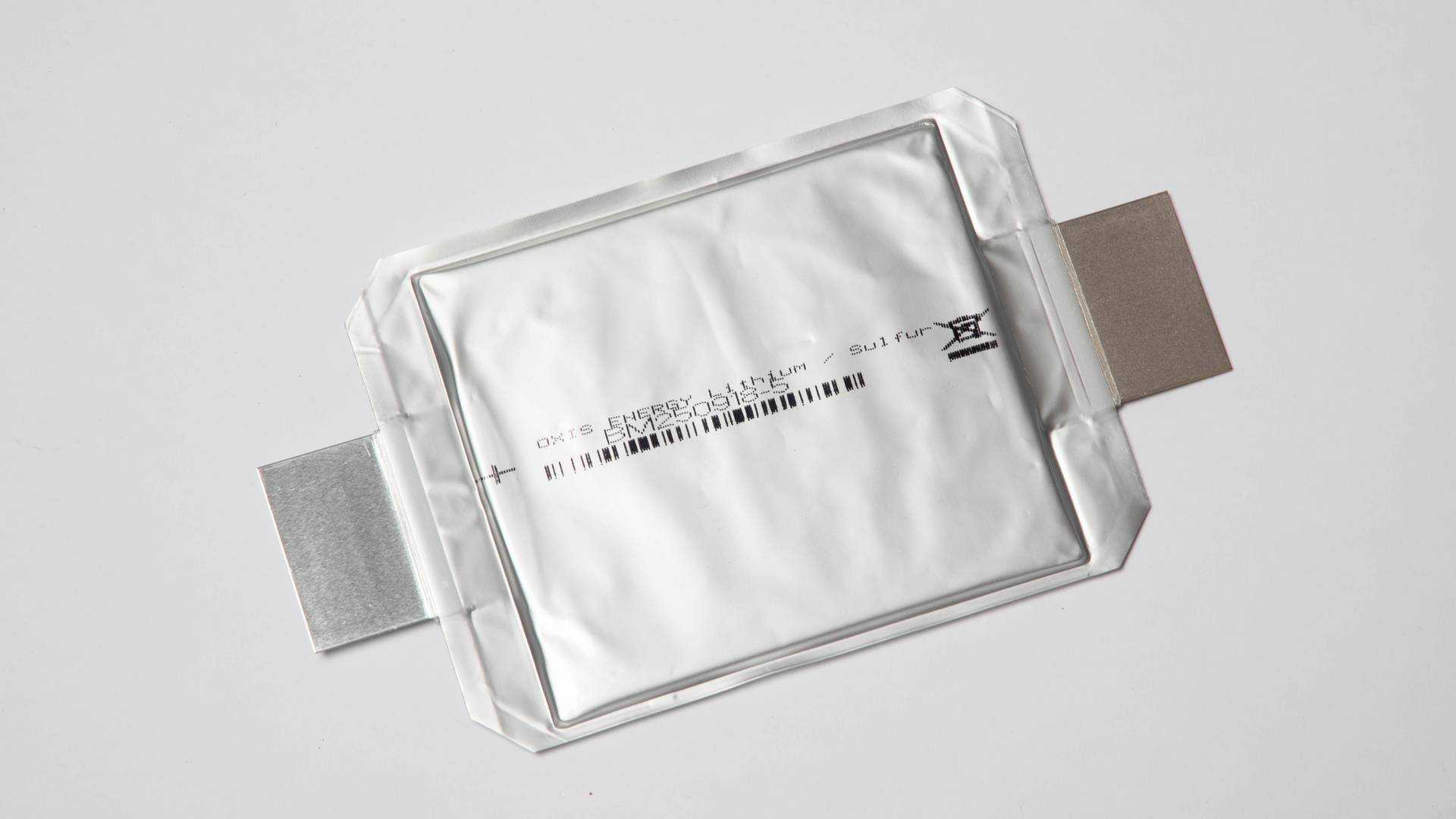Their goal is to reach 500 Wh/kg, with a potential for way more.
We have already told you about lithium-sulfur batteries. Or Li-S, if you prefer you. Many research institutes deal with them for their potential of being lighter and having more power density than lithium-ion batteries. The Alise Project has recently announced it has created a new prototype that can deliver 325 Wh/kg. Closer to the production version goal of 500 Wh/kg.
Gallery: 3rd Gen Lithium-Sulfur Batteries From Alise Project Reach 325 Wh/kg
Funded by the European Union, the Alise Project has the participation of 16 partners from 5 different countries. Williams Advanced Engineering and Seat are among them, but the company that will produce these batteries is probably Oxis Energy.
The company has already set an agreement with Codemge Participações S.A. to have the first li-s battery production plant in Minas Gerais, Brazil – a state with abundant sulfur mines. Besides that, Oxis has also announced it will have an electrolyte and cathode active material factory at the Kenfig Industrial Estate Port Talbot, in Wales.
Oxis has already produced a 425 Wh/kg li-s battery, but that is the “state of the art,” according to Christophe Aucher, principal researcher of the Alise Project. “At Alise, we developed a compromise between lighter, smaller, big enough, and able to work on power – with a faster charging rate. That is why we reached ‘only’ 325 for the gravimetric energy density,” he told InsideEVs.

Aucher names several advantages that make the Li-S a very fitting evolution for the current
Li-Ion batteries. “They presented a slight increase of 2 percent and 10 percent in range respectively for BEV and PHEV, and a 15 percent decrease in weight for the same volume.”
Current Li-Ion batteries would be around 150 Wh/kg, which makes the 3rd generation Li-S cells have more than double the energy density that they present. “Tests have been performed up to module-level (2.1 kWh, 173 Wh kg-1, 24.45 Ah, 82V) following NEDC and WLTP driving cycles. They have been confirmed by simulation at vehicle-level (battery pack) for BEV and PHEV hybridization,” said Aucher.

The researcher also says the Li-S batteries do not rely on critical raw materials, such as cobalt. And that it has half the bill of materials a regular Li-Ion battery needs. “There are still many unsolved challenges. Some of them are common to other technologies, such as the use of lithium metal as anode and its protection.”
When these challenges are overcome, we may start talking about Li-S batteries in EVs. “Lithium-sulfur technology is still far away from its theoretical limits, which is not the case for lithium-ion,” said Aucher. Indeed: The theoretical power density of sulfur is 2.6 kWh/kg, which makes the new prototype reach only 12.5 percent of that.
“It’s demonstrating to be a competitive candidate for most of the main automotive requirements, such as the cost, safety, volume, or power. It is already beyond commercial products regarding its lower weight,” said the researcher.

Despite the ongoing efforts of the Alise Project, Oxis already plans to start the production of Li-S batteries in 2020. If it manages to deliver them, we’ll probably see them first in any of the future Williams Advanced Engineering projects. The most recent one was the Lotus Evija.
Another company that will probably make use of the new batteries is Seat. We know it is currently committed to the MEB platform, the same one used by the VW ID.3, but the new cells could be in a limited-edition Cupra electric vehicle. Or in a concept, just as a testbed.
Despite the massive potential for improvement, we are just anxious to see the Li-S battery become a reality. Just imagine a battery pack offering more than double the current range with the same volume. And that is at the current development stage. Imagine when the researchers manage to get 500 Wh/kg for commercial use.

